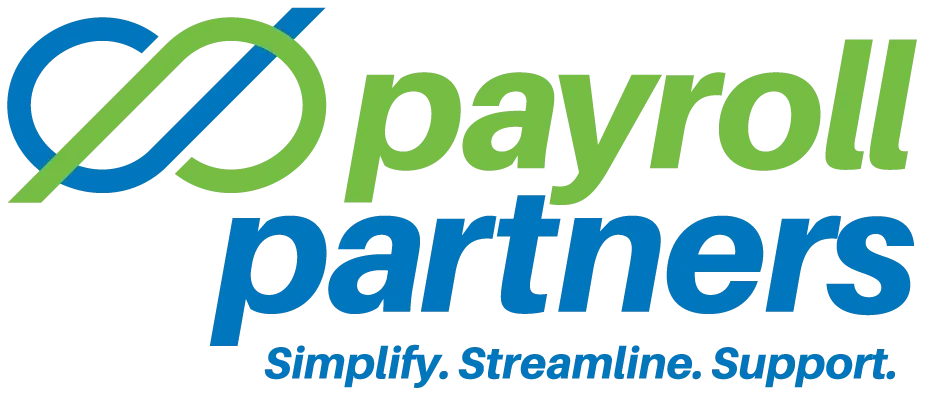If you are new to Ministry, it’s possible that you’ve never heard of self-employment taxes before, much less paid them. One common mistake for new Ministers is filing the 1040 without taking self-employment taxes into account, which can result in a big bill later when your 1040 return gets corrected by IRS.
When you work as a non-clergy employee, there are three federal taxes that are taken out of your paycheck:
- Income taxes
- Social Security taxes
- Medicare taxes
The income taxes that get taken out of your paycheck get credited to your 1040 return and helps to pay your income tax liability at the end of the year. The Social Security and Medicare taxes get taken out to pay for retirement and health benefits for existing retirees (you eventually take benefits from the system when you retire). Your employer pays half of the Social Security and Medicare taxes.
Workers who are self-employed don’t have taxes taken out of their paycheck. They are expected to pay taxes on their own, without any employer matching contributions for Social Security or Medicare. The fact that self-employed workers have to pay the additional employer portion of the Social Security and Medicare taxes is why they are often referred to as “self-employment” taxes.
Clergy are treated as Dual Status employees for income tax purposes and can elect to have income tax withholding while they are treated like self-employed workers for Social Security and Medicare taxes (they have to pay the whole amount themselves with no matching). This means that if you are working and getting paid as a member of the Clergy, your tax return should have a schedule SE attached to it for self-employment taxes. Schedule SE should also use all of your income to calculate the tax, including your housing allowance.
This information is provided with the understanding that Payroll Partners is not rendering legal, human resources, or other professional advice or service. Professional advice on specific issues should be sought from a lawyer, HR consultant or other professional.

